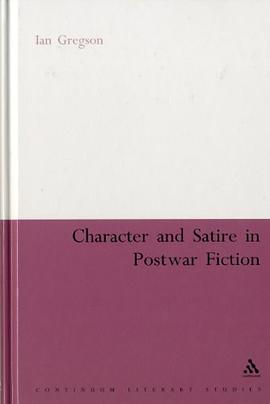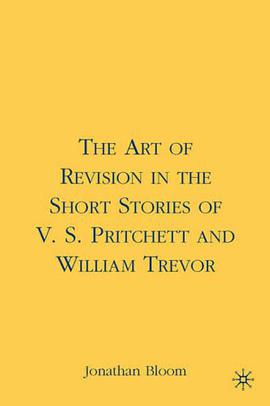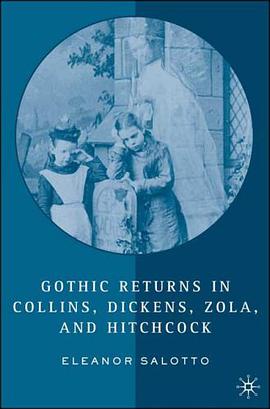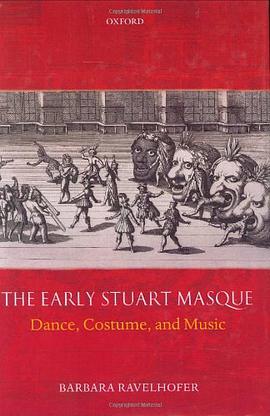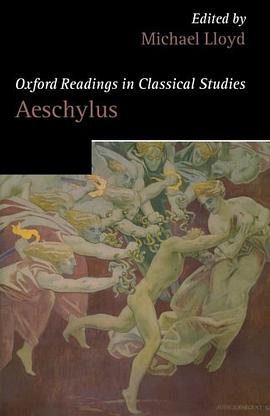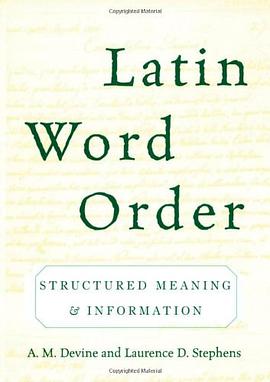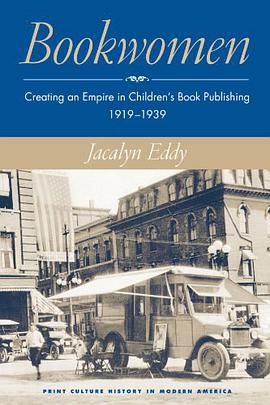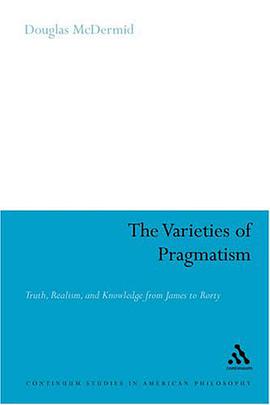

For much of the twentieth century, many Anlgo-American philosophers supported three theses - one about reality, one about truth, and one about human knowledge - that, taken together, underwrote debates in epistemology. The first was realism: the commonsensical-sounding view that the world of physical objects exists independently of human thought or language. The second was the correspondence theory of truth, according to which true statements or beliefs are those accurately represent the way the world is. And the third was foundationalism: the view that our knowledge of the world, like an edifice, must rest on firm foundations. In the last two decades, however, a radical anti-epistemology movement led by the influential American philosopher Richard Rorty has put patisans of all three theses on the defensive.In this important new book, Douglas McDermid argues persuasively for two key claims: first, that the so-called 'Neo-Pragmatist' critique of traditional epistemology is thoroughly unconvincing; second, that Rorty is guilty of taking the name of Pragmatism in vain, since there are crucial and far-reaching differences between Neo-Pragmatism ad the Classical Pragmatism of james and Dewey. The Varieties of Pragmatism will take its place in the forefront of the literature on this most vital part of the American philosophical legacy. Douglas McDermid teaches Philosophy at Trent University, Canada.
具體描述
讀後感
用戶評價
相關圖書
本站所有內容均為互聯網搜索引擎提供的公開搜索信息,本站不存儲任何數據與內容,任何內容與數據均與本站無關,如有需要請聯繫相關搜索引擎包括但不限於百度,google,bing,sogou 等
© 2025 onlinetoolsland.com All Rights Reserved. 本本书屋 版权所有

